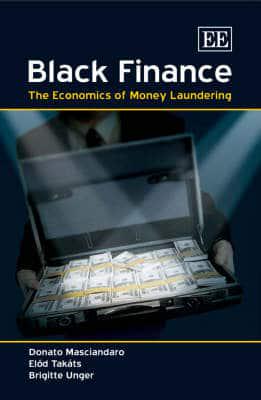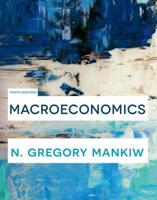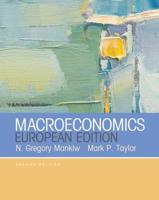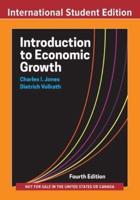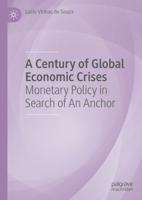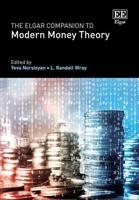Publisher's Synopsis
The recent dramatic wave of terrorist attacks has further focussed worldwide attention on the money laundering phenomena. The objective of this book is to offer the first systematic analysis of the economics of money laundering and its connection with terrorism finance.
The authors first present the general principles of money laundering. They go on to illustrate an institutional and empirical framework that is useful in evaluating the causes and effects of money laundering phenomena in the banking and financial markets. They also analyse the design of the national and international policies aimed at combating them.
The book focuses on several crucial issues and offers an analysis of each, including:
- modelling the behaviour and process of making dirty money appear clean, hiding the originally criminal or illegal source of the economic activity
- demonstrating how the financing of terrorism resembles money laundering in some respects and differs from it in others
- explaining how the banking and financial industry can play a pivotal role for the development of the criminal sector as a preferential vehicle for money laundering
- showing how schemes of international economics and of tax competition can be applied to black finance issues, claiming that competition for criminal money can lead to a race to the bottom
- building up indicators of money laundering attractiveness among developed and emerging countries, with a particular attention on the role of the Offshore centres
- dealing with anti-money laundering and counter terrorism finance (AML-CTF) enforcement problems, with a focus on Europe and the USA.
Black Finance will be a valuable and accessible tool for scholars and academics, principally in economics, though also in politics and law, as well as for regulators and supervisory institutions.
All royalties from this book to go to The Collegiate Foundation for Life
